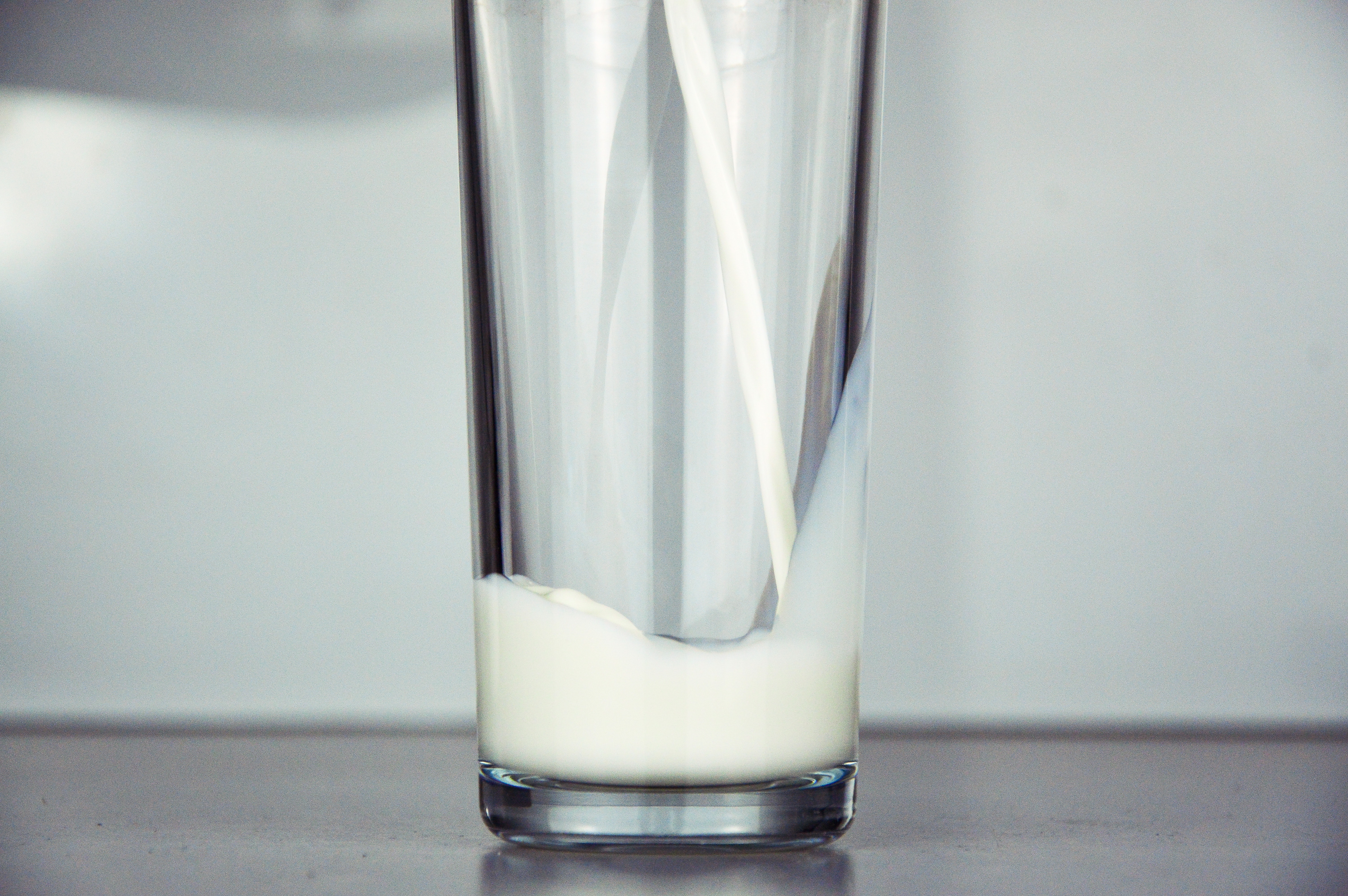
Got milk – or NOT milk?
What do you think of when you think of milk? Is it a white creamy drink that goes great with hot chocolate chip cookies? Yum! Likely so, however, the FDA thinks that the average consumer views milk as “the lacteal secretion, practically free from colostrum, obtained by the complete milking of one or more healthy cows.”1 While it is a stretch to assume average consumers think this carefully about milk, it is, however, reasonable to assume that most of us associate high vitamin and nutrient content with milk, specifically high levels of protein, calcium, and vitamin D. In today’s market, the FDA is concerned that consumers are associating the nutrients that are in milk with plant based milk products that may not necessarily have the same nutrient content. In a recent statement, Scott Gottlieb, FDA Commissioner, stated that the administration is concerned that by substituting plant-based milks for dairy milk, children could under-consume key nutrients including vitamin D and calcium.2
So what does this mean? The FDA recently released a Nutrition Innovation Strategy which has a goal of “creat[ing] better ways of communicating nutrition information to consumers so they can be empowered to make good choices.”3 One way of achieving this goal is to “implement clear and transparent food labels and claims”4
In achieving this goal, the FDA has pointed out that some plant-based products might need to change their name. The FDA’s position is that plant based substitutes for dairy products could mislead consumers into thinking that because the products share a name, they also share nutritional content.
This is simply not true. In fact, many plant-based substitutes for milk pale in nutritional comparison to dairy milk. Dairy milk contains milk, vitamin A, and Vitamin D. Most plant-based milks contain 10 or more ingredients including added sugars.5 Further, while dairy milk is rich in protein, calcium and vitamins, plant-based milks can lack these essential nutrients that children and adults need. However, fear not, allergen conscious, some plant-based milks are fortified with the added nutrients that are commonly found in dairy milk, but most are not. It is essential for consumers to check the labels of these products to ensure that they are getting the healthiest option they can for their children and families.
Now, the FDA is not saying that plant-based milk products are bad (and neither is the Law Group of Northwest Arkansas PLLC); instead, the FDA is trying to ensure that misleading product names does not confuse consumers. Plant-based milks products can be a great substitute for people who are lactose intolerant, as milk is one of the “Big 8” allergens, vegans, or those who don’t enjoy the taste of dairy. And, luckily for such consumers, there are significant non-dairy milk alternatives on the market these days – soy, almond, cashew, coconut, and even peanut milk. However, if completely substituting milk in a child’s diet, one must ensure that the nutrients generally consumed from milk are supplemented in the child’s diet in another form. The FDA’s goal in “clear and transparent packaging” is to ensure that companies are not misleading consumers. Either way, we look forward to some of the new names we might see on milk substitute cartons in the near future – nut drink, cocosmooth, cup o’soy – the possibilities are endless!
1 21 CFR § 131.110(a)
2 “Statement from FDA Commissioner Scott Gottlieb, M.D., on modernizing standards of identity and the use of dairy names for plant-based substitutes” (2018) https://www.fda.gov/NewsEvents/Newsroom/PressAnnouncements/ucm621824.htm
3“Reducing the Burden of Chronic Disease” (2018)
https://www.fda.gov/NewsEvents/Speeches/ucm603057.htm
4“Statement from FDA Commissioner Scott Gottlieb, M.D., on modernizing standards of identity and the use of dairy names for plant-based substitutes” (2018) https://www.fda.gov/NewsEvents/Newsroom/PressAnnouncements/ucm621824.htm
5 “Real Milk vs Non-Dairy Milk: What’s the Difference” (2018) https://milklife.com/articles/nutrition/real-milk-vs-non-dairy-milk-whats-difference
Disclaimer: The Law Group of Northwest Arkansas PLLC (TLGNWA) provides general information about a variety of legal issues on this website as a public service. Information contained herein should not be considered legal advice on any specific matter. The use of information and reference links contained in this website do not constitute contractual, de facto, implied or any other form of attorney-client privilege or relationship. TLGNWA is not responsible for the use of information, forms, links, or documents contained in this website.
Due to the frequency and speed of changing laws, no guarantee is made as to the current validity or applicability of the information contained herein. Though we try to update information often, we recommend that readers with questions investigate current law or contact TLGNWA directly through our contact form or by calling (479) 334-3411.
